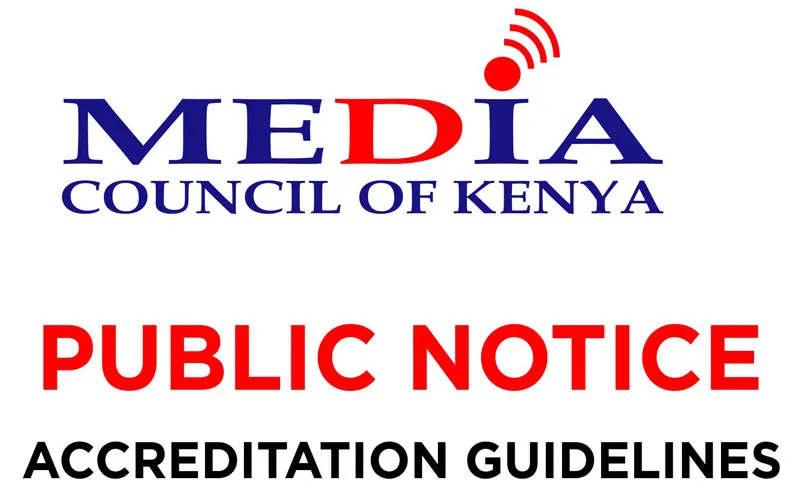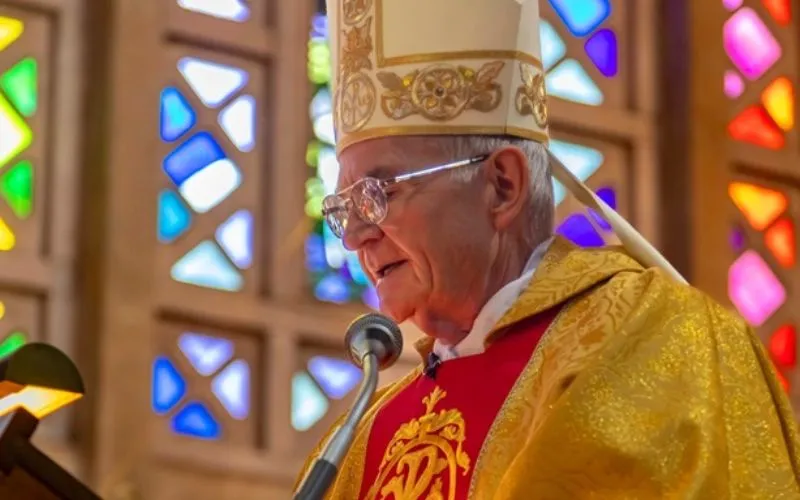Nairobi, 09 January, 2020 / 2:23 am (ACI Africa).
Journalists and media professionals intending to begin or continue their practice in Kenya have been advised to apply afresh for accreditation to the Media Council of Kenya (MCK), a government statutory body mandated to regulate the media in Kenya and the conduct and discipline of journalists operating in the East African country.
“All journalists, media practitioners and trainers are hereby advised to submit their applications for accreditation to avoid any inconveniences in the course of their work,” reads part of the MCK January 8 statement signed by the Chief Executive Officer, David Omwoyo.
The fresh accreditation involves “the issuance of a new smart Press Card, which will require the collection of biometric data, to enhance the security of the cards and verification of the holders,” MCK’s statement clarifies.
In the statement, the CEO explained, “These changes are in line with the MCK commitment to overhaul the accreditation process, and ensure that only bona fide journalists practice and are bound by the Code of Conduct for the Practice of Journalism in Kenya.”
The new accreditation, which “will be valid for one calendar year (1st January – 31st December) is mandatory and “invalidates all previous cards issued by the Media Council of Kenya,” the MCK statement reads.








